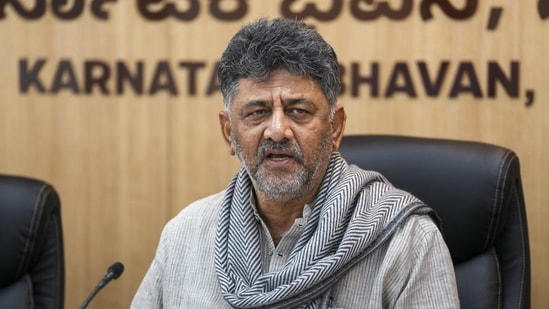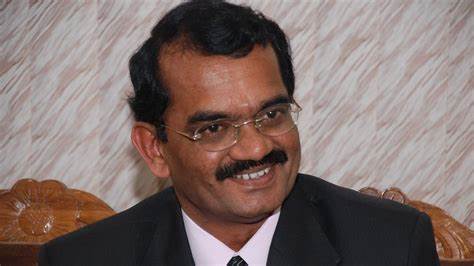Victim Card or Strategic Silence? Why Diljit’s Collaboration With Hania Aamir Is Facing Nationwide Boycott Calls
Diljit Dosanjh, one of India’s most popular Punjabi singers and actors, finds himself in a growing storm after choosing to work with Pakistani actress Hania Aamir, who has previously faced criticism in India for her alleged soft stance on anti-India rhetoric. Amid India–Pakistan tensions and the rising cultural awareness of “who stands where,” this collaboration has sparked a social media firestorm with the hashtag #BoycottDiljitDosanjh trending across platforms.
Diljit now plays the victim card to justify working with banned Pakistani actress Hania Amir.
— The Analyzer (News Updates🗞️) (@Indian_Analyzer) June 26, 2025
~ Says he was “HATED” for being Punjabi, Sikh. Really?
When it comes to Pakistan, his spine vanishes. Victimhood won't mask your choices, BOYCOTT !pic.twitter.com/GRPw4iVL9V
What has further ignited the backlash isn’t just the cross-border collaboration—but Diljit’s reaction to the criticism, where he claimed he has been “hated for being Punjabi and Sikh,” thus deflecting from the nationalistic concerns raised by netizens. But in a country where emotions are tied closely with patriotism, is the victim card enough to silence the backlash?
Why Diljit’s Collaboration with Hania Aamir Sparks Outrage
When Diljit Dosanjh dropped visuals and promotions featuring Hania Aamir, many fans and social media users were shocked. The Pakistani actress has often been associated with selective silence when it comes to India-related issues, including past anti-India social media waves. Netizens quickly pointed out the hypocrisy—why would an Indian celebrity, especially one so vocal on domestic issues, choose to partner with someone from a country that bans Indian content and vilifies Indian soldiers?
Rather than addressing the real concerns—like why he didn’t speak up when Pakistan mocked India or banned Indian artists—Diljit tried to flip the script by claiming victimhood. His comment, “I’ve always been hated for being Punjabi and Sikh,” felt more like a strategic deflection than a genuine answer.
This diversion tactic didn’t sit well with the public. The sentiment was clear: “Being Punjabi or Sikh is not the issue. Working with someone from a hostile nation without acknowledging the sensitivities is.”
Critics say the timing couldn’t be worse. With India taking stronger global stances, especially in the wake of recent international conflicts, cultural figures are expected to exercise discretion and clarity in cross-border dealings. Diljit’s silence on Hania’s past, and the lack of any public assurance about her stance on India, only added fuel to the fire.
Why Diljit’s “I’m Hated for Being Sikh” Claim Fell Flat
The problem wasn’t his religion or ethnicity. The problem was timing and silence.
Here’s the context: Pakistan has repeatedly harbored anti-India propaganda, and the actress he chose to work with has clear links to platforms that spread anti-India sentiment. She’s part of a system that whitewashes terrorism, defends cross-border attacks, and openly supports narratives hostile to India.
So, when Diljit collaborates with such figures, the public expects accountability — especially from celebrities with massive influence. But instead of clarifying, condemning, or even distancing himself, Diljit made it about himself.
And that’s why his “I’m a hated Sikh” angle didn’t land.
In fact, many Sikh voices online have called out this tactic, saying it diminishes real discrimination faced by Sikhs in hostile countries. Using identity to silence legitimate criticism is disingenuous, and that’s exactly how many interpreted it.
Moreover, Diljit has never hesitated to criticize India or be vocal on other issues — so why suddenly go mute on Pakistan’s crimes? Why show selective courage?
This backlash isn’t just about one song or one actress. It’s about a pattern of silence when it matters most.





















